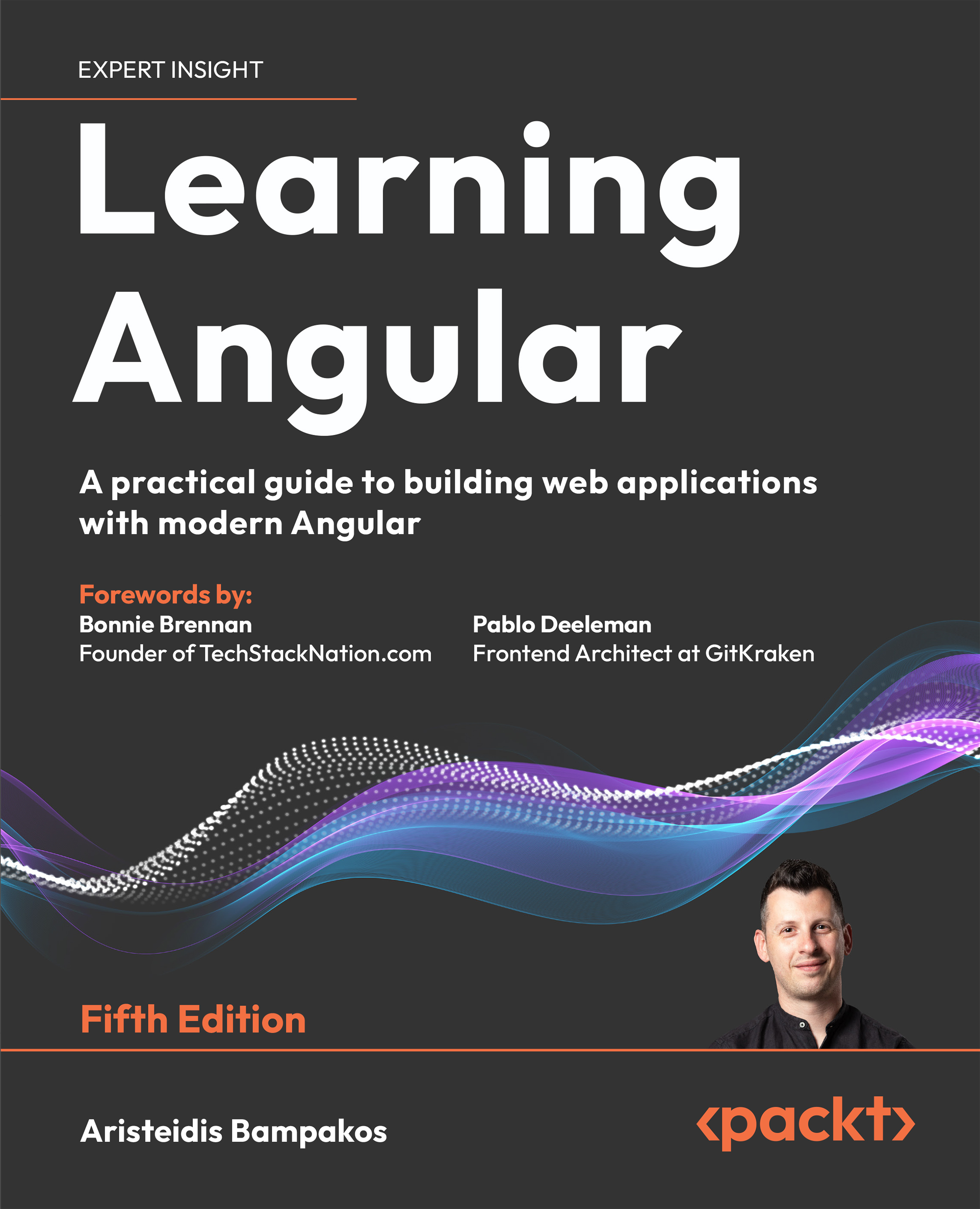-
Identify and overcome web development challenges, crafting dedicated application skeletons using Streamlit
-
Understand how Streamlit's widgets and components work to implement any kind of web app
-
Manage web application development and deployment with ease using the Streamlit Cloud service
-
Purchase of the print or Kindle book includes a free PDF eBook
This book is a comprehensive guide to the Streamlit open-source Python library and simplifying the process of creating web applications. Through hands-on guidance and realistic examples, you’ll progress from crafting simple to sophisticated web applications from scratch. This book covers everything from understanding Streamlit's central principles, modules, basic features, and widgets to advanced skills such as dealing with databases, hashes, sessions, and multipages.
Starting with fundamental concepts like operation systems virtualization, IDEs, development environments, widgets, scripting, and the anatomy of web apps, the initial chapters set the groundwork. You’ll then apply this knowledge to develop some real web apps, gradually advancing to more complex apps, incorporating features like natural language processing (NLP), computer vision, dashboards with interactive charts, file uploading, and much more. The book concludes by delving into the implementation of advanced skills and deployment techniques.
By the end of this book, you’ll have transformed into a proficient developer, equipped with advanced skills for handling databases, implementing secure login processes, managing session states, creating multipage applications, and seamlessly deploying them on the cloud.
This book is for Python programmers, web developers, computer science students, and IT enthusiasts with a foundation in Python (or any programming language) who have a passion for creating visually appealing applications. If you already know how to write programs, this book will help you evolve into an adept web application developer skilled at converting command-line tools into impressive, cloud-hosted applications.
-
Develop interactive web apps with Streamlit and deploy them seamlessly on the cloud
-
Acquire in-depth theoretical and practical expertise in using Streamlit for app development
-
Use themes and customization for visually appealing web apps tailored to specific needs
-
Implement advanced features including secure login, signup processes, file uploaders, and database connections
-
Build a catalog of scripts and routines to efficiently implement new web apps
-
Attain autonomy in adopting new Streamlit features rapidly and effectively
 United States
United States
 Great Britain
Great Britain
 India
India
 Germany
Germany
 France
France
 Canada
Canada
 Russia
Russia
 Spain
Spain
 Brazil
Brazil
 Australia
Australia
 Singapore
Singapore
 Hungary
Hungary
 Ukraine
Ukraine
 Luxembourg
Luxembourg
 Estonia
Estonia
 Lithuania
Lithuania
 South Korea
South Korea
 Turkey
Turkey
 Switzerland
Switzerland
 Colombia
Colombia
 Taiwan
Taiwan
 Chile
Chile
 Norway
Norway
 Ecuador
Ecuador
 Indonesia
Indonesia
 New Zealand
New Zealand
 Cyprus
Cyprus
 Denmark
Denmark
 Finland
Finland
 Poland
Poland
 Malta
Malta
 Czechia
Czechia
 Austria
Austria
 Sweden
Sweden
 Italy
Italy
 Egypt
Egypt
 Belgium
Belgium
 Portugal
Portugal
 Slovenia
Slovenia
 Ireland
Ireland
 Romania
Romania
 Greece
Greece
 Argentina
Argentina
 Netherlands
Netherlands
 Bulgaria
Bulgaria
 Latvia
Latvia
 South Africa
South Africa
 Malaysia
Malaysia
 Japan
Japan
 Slovakia
Slovakia
 Philippines
Philippines
 Mexico
Mexico
 Thailand
Thailand















